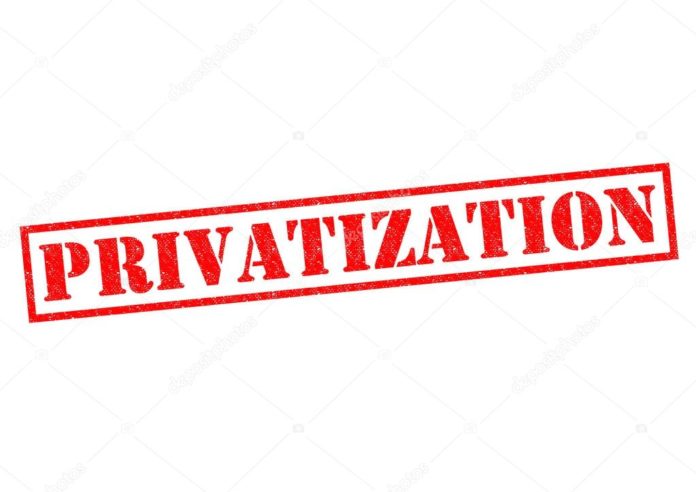LAHORE: The Association of Chartered Certified Accountants (ACCA) Pakistan has asked the government to avoid ‘poor-value’ privatisations which provide immediate cash but reduce public sector net worth, on Thursday.
ACCA also recommends that the government uses public sector balance sheets for properly managing its finances and to minimize reliance on tax increases to foster sustainable public finances in Covid-19 pandemic, a national daily reported.
Head of the Public Sector Policy at ACCA, and author of ‘sustainable public finances through Covid-19’ report Alex Metcalfe said that this pandemic could be a catalyst for more governments to adopt the approach of using public sector balance sheets which can improve decision-making, act as the benchmark for new fiscal targets, and support governments to rebuild economies for a more inclusive and greener future.
“The governments must take a balance sheet approach to managing their finances through the Covid-19 crisis,” he said, adding that the World Bank and the International Federation of Accountants (IFCA) are concerned because public sector fiscal commitments and interventions are not being captured by governments. “Economic indicators need more clarity to provide a better picture of public sector finances in turbulent times.”
He added that by implementing a balance sheet approach, the benefits the government would take are: Increased clarity on the true position of the public finances with an understanding of the fiscal room available for further government action; improved value for money and financially sustainable decision-making and enhanced public sector resilience and better adoption of key financial metrics to drive performance management.
According to Alex, the governments need to avoid poor-value privatizations which provide immediate cash but reduce public sector net worth and minimize reliance on tax increases or austerity by taking a balance sheet approach to foster sustainable public finances.
World Bank Group Director for Governance Global Practice Ed Olowo-Okere said the pandemic requires that the governments strike a balance between the standard fiscal discipline and control on the one hand, and speed and flexibility in public financial management on the other. To build back better, the ministries of finance need a variety of tools for better management of public money to sustain the wellbeing of citizens, he added.
IFAC Executive Director Alta Prinsloo said no government can go alone – the global nature of the pandemic makes this apparent. Part of this drive toward global best practice is to ensure that, as a profession, we discuss with colleagues and policymakers the future of financial reporting in the public sector. Professional accountants need to be giving non-finance expert decision makers a clear and trusted view of the sector’s unfolding financial position, he added.
Head of the ACCA Pakistan Sajjeed Aslam was of the view that severity of the current crisis means poor quality accounting data in the public sector is no longer an option. Now is the time to reset current economic frameworks and consider what fiscal rules will guide government decision-making during the recovery phase.
He said the privatisation of any public assets and services needs to be carefully considered so that they provide value for money and improve government financial sustainability. “And we also need to invest in skills and training as they are an important part of the economic multiplier.”
He recommended that the government needs to either reference or use full-accrual International Public Sector Accounting Standards (IPSAS) in the production of their general purpose financial reports besides directing the independent fiscal policy institutions to begin fiscal sustainability reporting or to increase its frequency.
Sajjeed opined that central finance departments should also be required to respond publicly to these reports in a timely manner and provide the “supreme audit institutions” with the independence and necessary resources to conduct performance audits which may identify cases where public money was not used effectively, efficiently or economically in combating the Covid-19 crisis.




